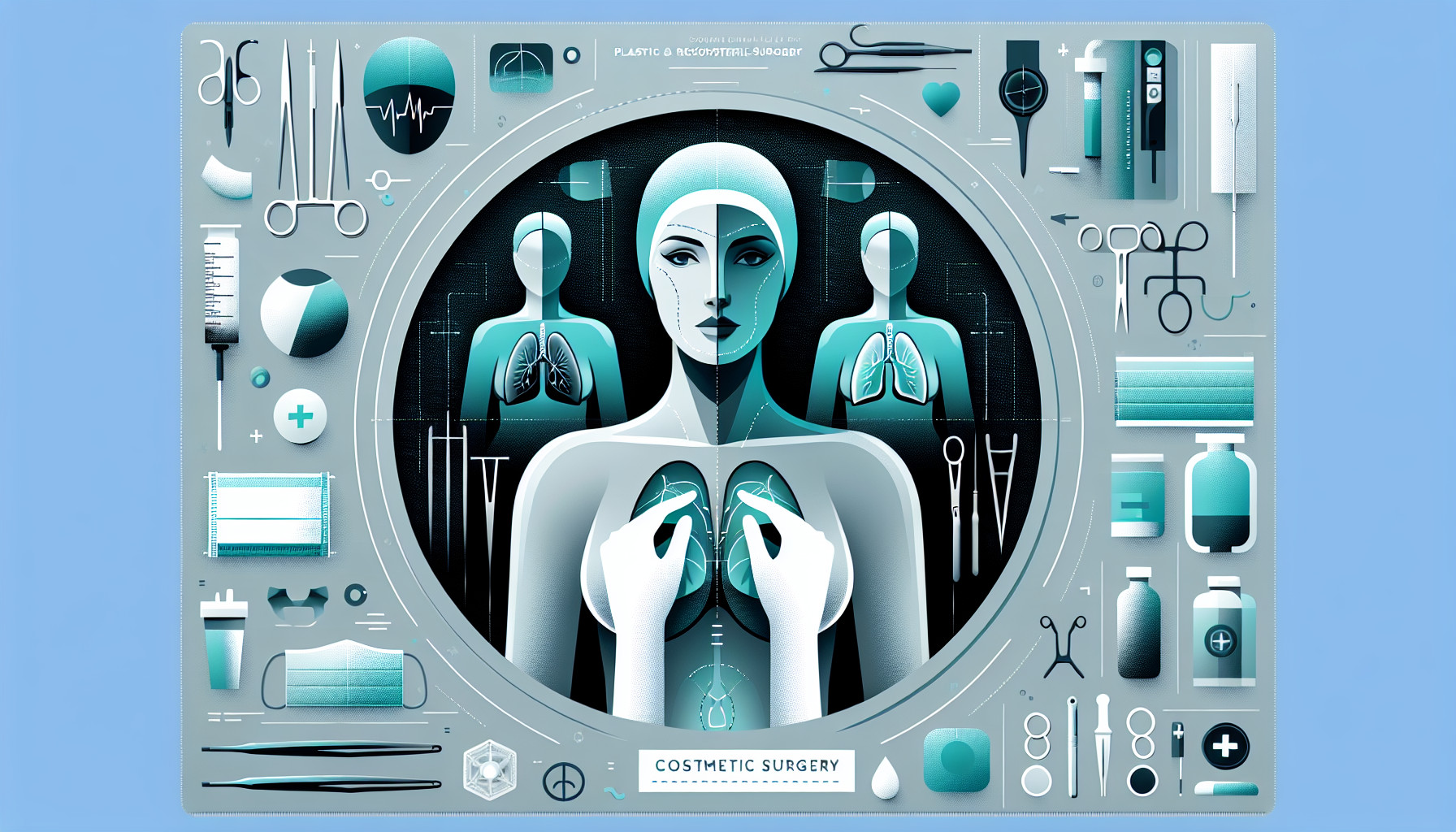Our Summary
This research paper attempts to estimate how common body dysmorphic disorder (BDD) is among people who seek cosmetic surgery. BDD is a mental health condition where a person is excessively worried about perceived flaws in their appearance, which can interfere with their daily life. The researchers looked at 48 different studies, which included nearly 15,000 people, to get a broad understanding of the issue. They found that about 19.2% of people seeking cosmetic surgery have BDD, which is quite high. This suggests that hospitals should consider screening for this disorder before performing cosmetic surgery, to ensure patients are making healthy decisions.
FAQs
- What is the prevalence of body dysmorphic disorder (BDD) among people who seek cosmetic surgery, according to the research?
- How many studies and patients were analyzed in this research paper on BDD among cosmetic surgery seekers?
- What does the research suggest hospitals should do to ensure patients are making healthy decisions about cosmetic surgery?
Doctor’s Tip
A helpful tip that a doctor might tell a patient about cosmetic surgery is to have realistic expectations. It’s important to understand that cosmetic surgery can enhance your appearance, but it may not completely change your life or solve all of your problems. It’s important to have a clear understanding of what the procedure can and cannot do for you, and to have realistic goals in mind. Additionally, it’s important to choose a board-certified surgeon with experience in the specific procedure you are interested in, and to carefully follow their pre and post-operative instructions for the best results.
Suitable For
Additionally, patients who are typically recommended cosmetic surgery are those who have realistic expectations, are in good physical and mental health, are non-smokers, and have specific concerns about their appearance that they believe can be improved through surgery. Patients should also have a stable weight and be able to maintain a healthy lifestyle after the surgery to ensure long-lasting results.
Some common reasons why patients seek cosmetic surgery include wanting to improve their self-esteem, correct physical imperfections, enhance their overall appearance, or address the effects of aging. It is important for patients to have a thorough consultation with a qualified plastic surgeon to discuss their goals, expectations, and any potential risks associated with the procedure before moving forward with surgery.
Ultimately, the decision to undergo cosmetic surgery should be a personal one that is made after careful consideration and consultation with a medical professional. It is important for patients to have realistic expectations and understand that cosmetic surgery is not a cure-all for underlying psychological issues or insecurities.
Timeline
Before cosmetic surgery:
- Patient becomes dissatisfied with a perceived flaw in their appearance.
- Patient researches different cosmetic procedures and consults with a plastic surgeon.
- Patient undergoes a consultation with the surgeon to discuss their goals, expectations, and potential risks.
- Patient schedules the surgery and prepares by following pre-operative instructions.
- Patient undergoes the cosmetic surgery procedure.
After cosmetic surgery:
- Patient goes through the recovery process, which may involve pain, swelling, bruising, and limited activity.
- Patient attends follow-up appointments with the surgeon to monitor healing and address any concerns.
- Patient experiences improvements in their appearance and self-confidence.
- Patient may receive compliments and positive feedback from others.
- Patient adjusts to their new appearance and integrates it into their daily life.
- Patient may experience psychological benefits such as improved self-esteem and body image.
It is important to note that the experience before and after cosmetic surgery can vary greatly depending on the individual, the type of procedure, and the surgeon’s expertise. It is crucial for patients to have realistic expectations and to carefully consider the potential risks and benefits before undergoing any cosmetic surgery.
What to Ask Your Doctor
- What are the potential risks and complications associated with the specific cosmetic surgery procedure I am interested in?
- What is the recovery process like, and how long can I expect it to take?
- Are there any alternative treatments or procedures that could achieve similar results?
- Can you show me before and after photos of previous patients who have undergone the same procedure?
- What qualifications and experience do you have in performing this specific cosmetic surgery?
- What type of anesthesia will be used during the procedure, and what are the potential side effects?
- Will I need to make any lifestyle changes before or after the surgery to ensure optimal results?
- What are the expected outcomes of the surgery, and how long will these results last?
- How much will the procedure cost, and are there any financing options available?
- How will you handle any potential complications or revisions that may be necessary after the surgery?
Reference
Authors: Salari N, Kazeminia M, Heydari M, Darvishi N, Ghasemi H, Shohaimi S, Mohammadi M. Journal: J Plast Reconstr Aesthet Surg. 2022 Jul;75(7):2325-2336. doi: 10.1016/j.bjps.2022.04.098. Epub 2022 May 2. PMID: 35715310
